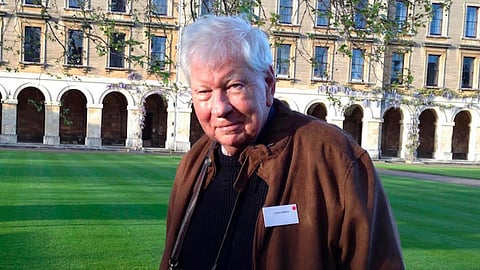RW Johnson: Why has SA not followed Zimbabwe (yet)? – Part One
In his previous article, RW Johnson explored South Africa's political landscape, comparing it to Zimbabwe's troubled history under Mugabe. Despite warnings about potential similarities, South Africa has so far avoided the same fate. However, parallels between the ANC's behaviour and other African liberation movements raise concerns. In his next article, Johnson delves deeper into why South Africa has managed to retain its democracy. Stay tuned for a critical analysis of our current trajectory.
Sign up for your early morning brew of the BizNews Insider to keep you up to speed with the content that matters. The newsletter will land in your inbox at 5:30am weekdays. Register here.
By RW Johnson
My last article – and particularly its last paragraph about South Africa not following the Zimbabwean example – elicited a large response. I greatly dislike being told what I "ought to write about": I wouldn't dream of telling others how to do their jobs, after all. But it's clear that I need to say a little more.
___STEADY_PAYWALL___

